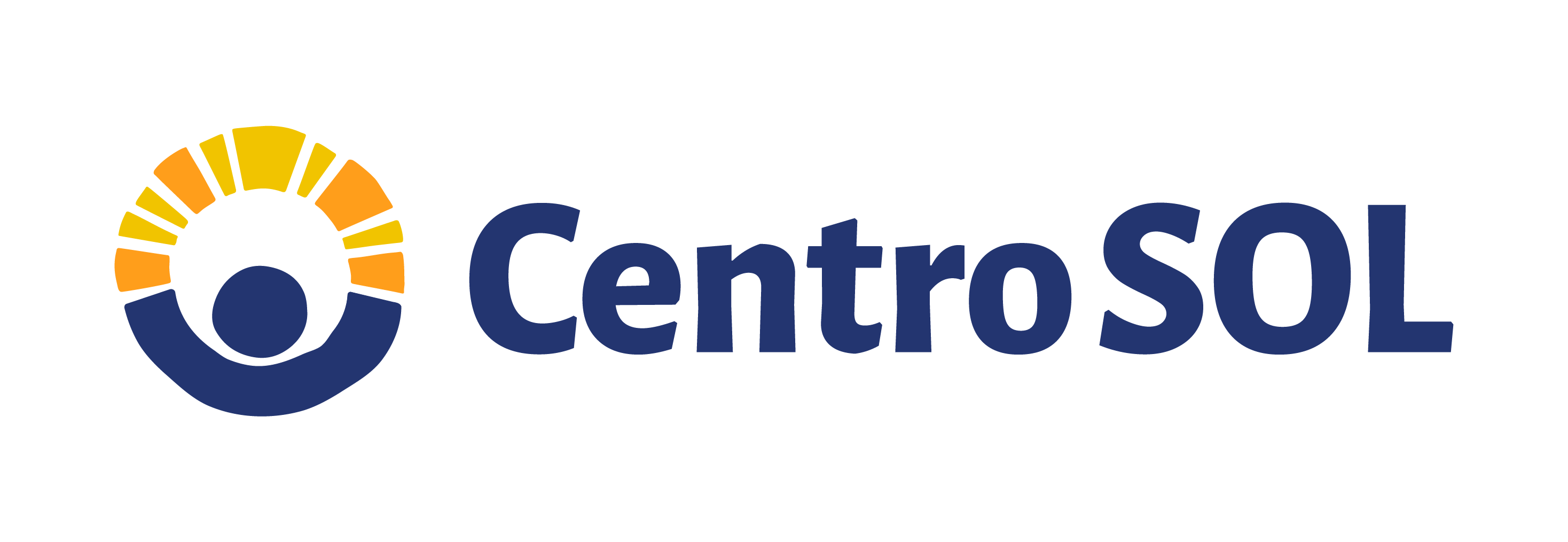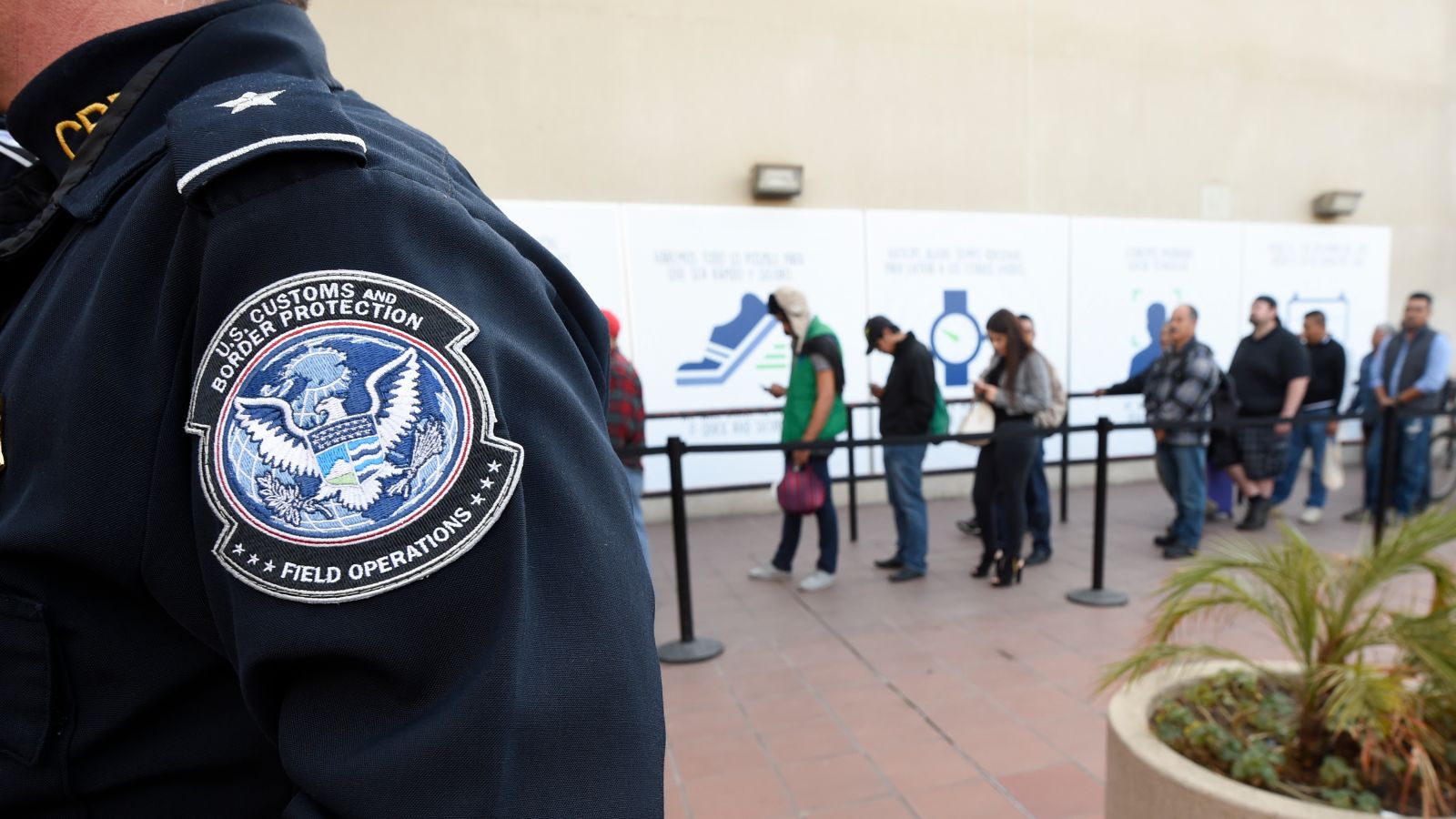In response to the recent announcement by the Department of Homeland Security regarding immigrants’ use of public assistance, Dr. Kathleen Page, co-director of Centro SOL, wrote this op-ed for The Baltimore Sun. We at Centro SOL are concerned about the consequences of this rule, and do not support this rhetoric which marginalizes immigrant communities. Find Dr. Page’s piece below:
Photo: AP
Over the weekend, the Department of Homeland security announced that immigrants who legally use public benefits like food assistance, Medicaid or housing could be denied green cards in the future. To those who think that the U.S. has too many immigrants already, this new “public charge” rule may sound like a good idea. Why not make sure that those who get permanent residency can support themselves without government assistance?
Here’s why: American children will pay the price.
The U.S. economy relies heavily on immigrant labor and not just at the high skilled level. Immigrants play a critical role in the production of our country’s food. Nearly a quarter of construction workers are immigrants. We all benefit from the low-skill services that immigrants provide as janitors, landscapers, cooks, home health aides and more. What these jobs have in common is that the pay is low and often without benefits, like health insurance.
Immigrants are healthier and younger than the general US.. population — the act of moving to a new country self-selects people who are able to travel and work. Because of this, immigrants contribute more to support Medicare and Social Security than they benefit from these programs. But immigrants, like young people anywhere, form families and have children. These kids, who are U.S. born, are the most likely to suffer under the proposed “public charge” rule.
Most of the public benefits that immigrants are legally eligible for relate to child welfare. For example, immigrant parents of American children can apply for the Children’s Health Insurance Program (CHIP) or the Supplemental Nutrition Assistance Program(SNAP). If the propose “public charge” rule is approved, hard-working immigrant parents in low paying jobs will face the difficult choice of enrolling their children in CHIP and getting food assistance, or getting by without these benefits so that they can have a better chance to get a green card.
The decision is not trivial: Getting a green card gives access to better jobs and opens the possibility of moving out of poverty. A green card reduces the horrible stress of potential family separation that lurks in every “mixed status” family (where some members of the family are American and the others not). In our medical practices, our patients have been clear. They are not willing to risk having their families stay together for food stamps. This means that more children will go hungry tonight.
The impact of this rule cannot be underestimated — almost 18 million American children have at least one immigrant parents.
Those who oppose immigration regardless of the economic benefit to the U.S. may argue that limiting access to services will deter more immigrants from coming to the U.S. But nothing about the migration experience in the U.S. supports this. For centuries, immigrants have come to this country to seek better economic opportunities (the American Dream) or to escape political oppression and violence in their own countries. Those who come here with a dream expect to succeed; they have the ambition of those who are willing to work and sacrifice for something better and expect no handouts. Those who are escaping violence and persecution are unlikely to be deterred by the lack of public benefits — for people fleeing for survival, food and health care feels secondary.
Photo by hadynyah/iStock / Getty Images
So, for those who think the public charge rule is a good idea, please think twice. Are we, as a society, willing to put the welfare of children on the line? And if so, at what cost? The history of America is scarred by politically expedient decisions that exacerbated inequalities in our society (especially among minority children and families). These inequalities reduced the nation’s economic potential and had long term consequences. We are still struggling to solve the difficult social problems that arose from them. We now have a chance to be smarter and do better — not only for the good of immigrant families and their American children, but for the benefit of all. The public charge rule should not be approved.
Dr. Kathleen Page is an associate professor within the Department of Medicine at Johns Hopkins University and co-director of Centro SOL. Her email is kpage2@jhmi.edu. This piece was originally published in The Baltimore Sun on September 25, 2018. Find it here.



